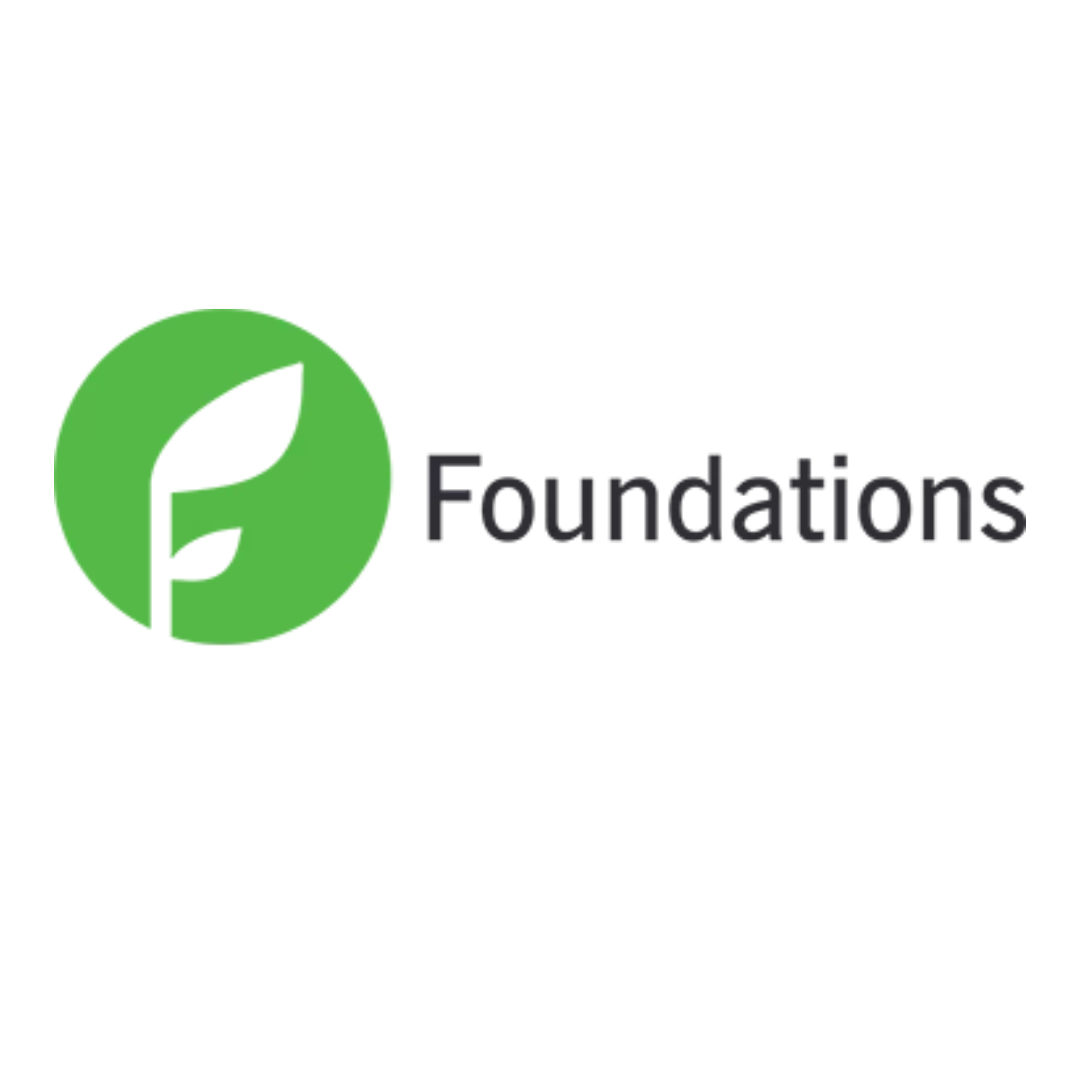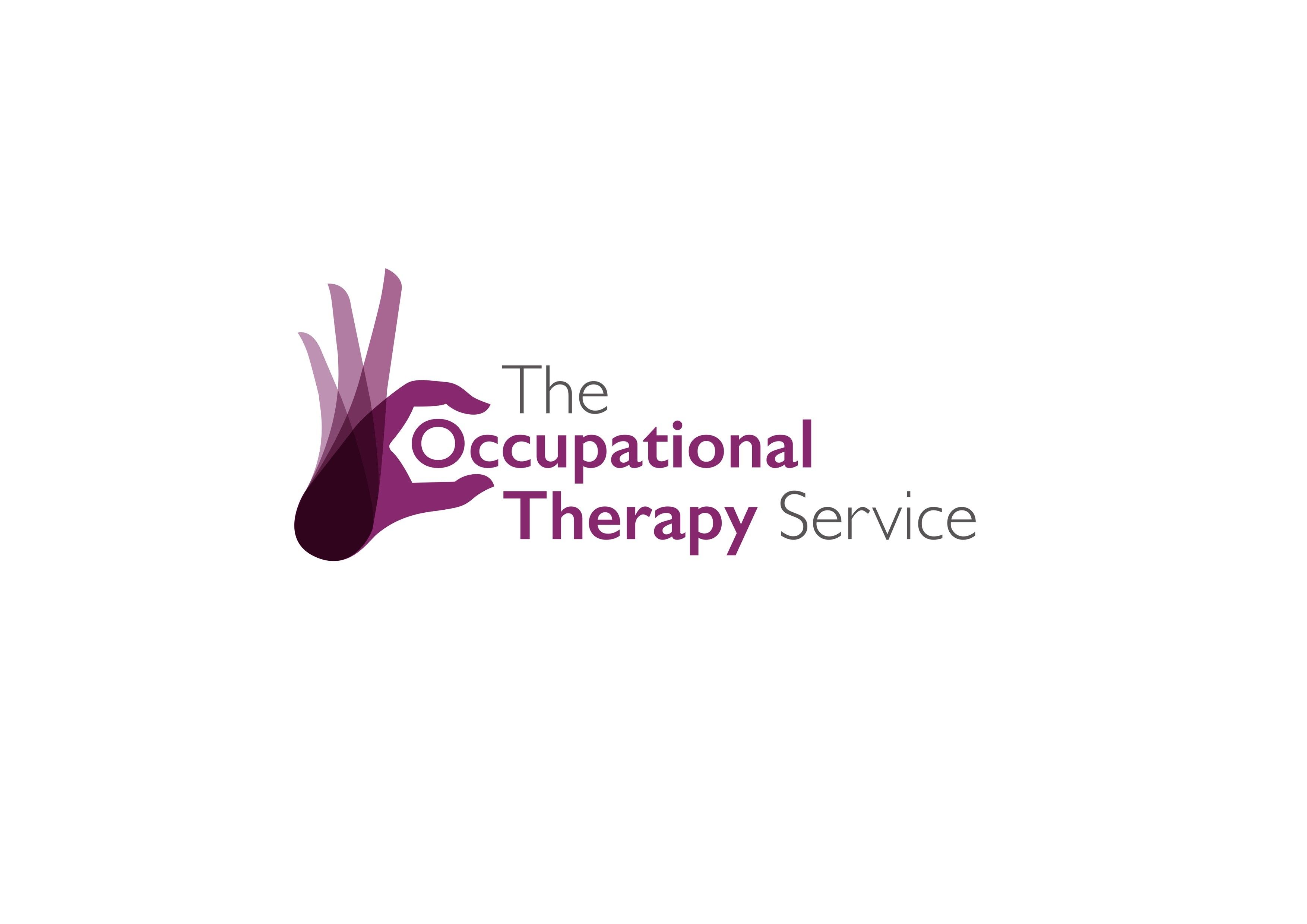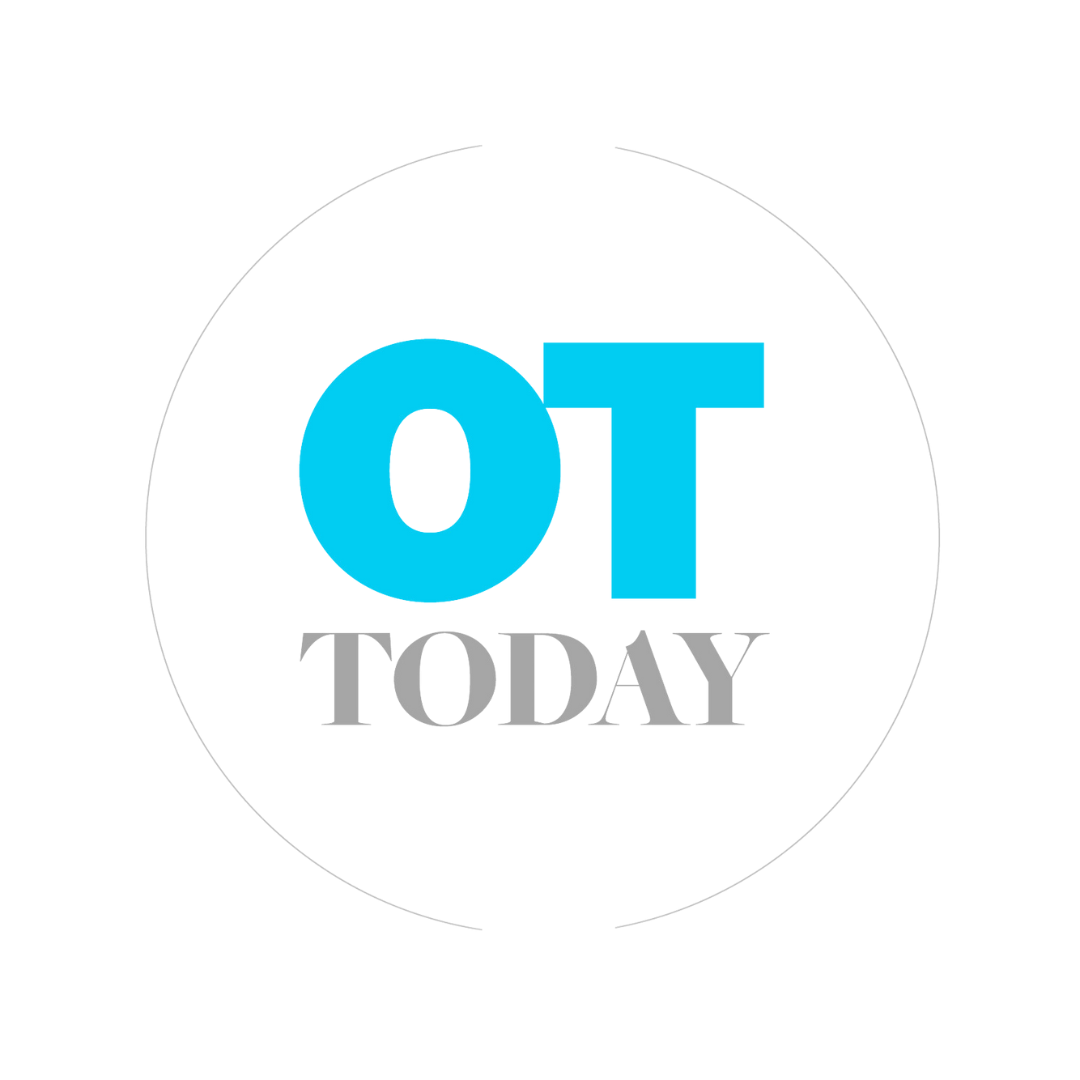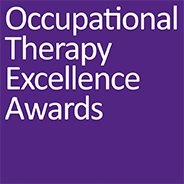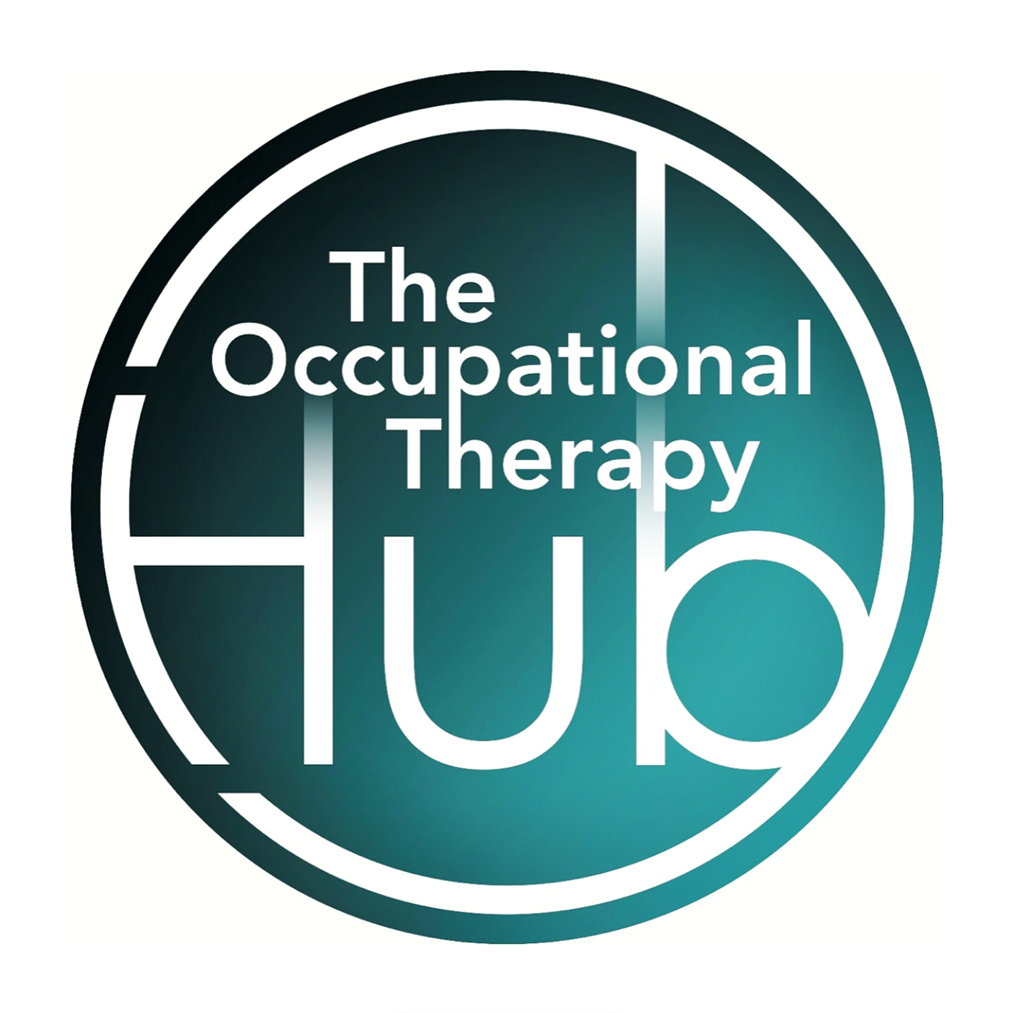Championing OT Worldwide: A Discussion with WFOT President Samantha Shann
)
Global Perspective: How would you describe the current global state of occupational therapy, and what role does WFOT play in shaping its future?
"Occupational therapy is experiencing significant growth worldwide, with over 680,000 practitioners across 111 member organisations and more than 1,100 WFOT approved education programmes. Despite this progress, challenges persist, with workforce shortages and limited access to services.
WFOT plays a pivotal role in addressing these challenges through initiatives like the Global Strategy for the Occupational Therapy Workforce. This strategy outlines seven key directions, including strengthening workforce data, expanding education, and enhancing leadership and planning.
Our collaboration with the World Health Organization since 1959 is essential in ensuring occupational therapy is included and integrated into global health agendas. Supporting Member Organisations to engage strategically with policymakers is a key focus of WFOT’s work."
What are you looking forward to most at this year's Occupational Therapy Show?
"The Occupational Therapy Show 2025 provides a platform for professionals to exchange ideas and showcase innovative solutions. I look forward to connecting with occupational therapists from across the UK and learning about local and regional developments in practice, research, and education. Over recent years, I’ve also seen an increase in international therapists attending the OT Show, and I think this brings a rich diversity to conversations and some of the speaker presentations.
I always enjoy exploring the exhibitor stands, talking to the manufacturers and learning about new products."
What do you hope to take away from the show yourself?
Personally, I hope to gain insights into emerging trends and best practices from both speakers and exhibitors, which can inform my own practice.
And on a UK relevant angle: How do you see developments in global occupational therapy practice filtering through to current UK practice?
"Developments in global occupational therapy practice influence the UK's approach to occupational therapy. The Royal College of Occupational Therapists (RCOT) has recently launched a 10-year Research and Innovation Strategy aimed at enhancing the capacity of the workforce to engage in research and apply evidence-based practice. This strategy aligns with WFOT's global objectives, emphasising the importance of international collaboration in advancing the profession.
Whilst the RCOTS’s focus on addressing workforce shortages and promoting diversity reflects global trends and highlights the need for continued investment in education and professional development. Aligning with the WFOT Global Strategy for the Occupational Therapy Workforce"
Global Collaboration and Development
International Practice: What are some of the biggest challenges—and opportunities—for occupational therapy on a global scale?
"On a global level, we face challenges with lack of professional recognition, salary disparities, and inadequate remuneration, as well as limited access to services. Additionally, the retention of professionals, especially in LMICs, is a concern.
Opportunities lie in the World Health Organisation's Rehabilitation 2030 initiative and the associated World Health Assembly Resolution in 2023, when WHO Member States (ministries/departments of health) agreed a clear commitment to invest in rehabilitation, including the education and development of professionals. WFOT is collaborating with WHO and is part of the World Rehabilitation Alliance, working on rehabilitation tools, education resources, and position papers to ensure that occupational therapy is recognised as essential in rehabilitation. Governments around the world are now utilising these WHO policies and tools to explore how to develop or further develop rehabilitation as part of universal health coverage. As a result, occupational therapy is gaining attention, with occupational therapy associations reporting increased involvement with policymakers. There is still a long way to go, however, we have the opportunity to shape the future of rehabilitation and increase government and private positions for occupational therapists."
Practice and Innovation
Workforce Development: What trends are you seeing in workforce needs and how is WFOT responding to the global demand for occupational therapists?
"WFOT has recently launched the Global Strategy for the Occupational Therapy Workforce. This strategy outlines seven key directions, including strengthening workforce data, expanding education, and enhancing leadership and planning. This builds on our ongoing work with WHO, looking at National Health Workforce Accounts and work with the International Labour Organisation (ILO) to update the classification of occupational therapy in the International Classification of Occupations (ISCO) – many governments especially in LMIC use this document when looking at establishing positions, and renumeration scales."
Education and Research
Educational Standards: How is WFOT working to ensure consistent, high-quality education and training across member countries?
"WFOT has had the Minimum Standards for the Education of Occupational Therapists since 1958, the most recent version is 2016, and work is currently underway for the 2026 edition. The Standards are both rigorous and flexible, designed to balance core global competencies that outline essential knowledge, skills, and attitudes for entry-level occupational therapists, while also adapting to local contexts, including cultural, societal, and healthcare system differences. By reviewing and approving curricula against these standards, WFOT ensures programmes across countries consistently meet the benchmark. Approved programmes are listed on the WFOT website and undergo periodic re-approval every 5–7 years."
Research Priorities: What are the research gaps WFOT believes should be a focus in the coming years?
"The WFOT International Research Priorities were established through a Delphi consensus process engaging practitioners, educators, and member organisations worldwide. The final consensus identified eight global priorities that guide strategic research efforts in occupational therapy these are –
Effectiveness of occupational therapy interventions
Aging and healthy lifespan
Chronic conditions & self-management
Participation & inclusion
Evidence-based practice & intervention effectiveness (closely related to #1)
Sustainable community development
Early intervention & children’s services
Technology, measurement & evaluation and research translation & implementation"
Support for Early-Career Professionals: What advice or support does WFOT offer for students or new graduates entering the profession?
"WFOT has a range of advocacy tools, including the ICAN project, that shows examples of advocacy in practice. There are online models that students and occupational therapists can undertake, including QUEST, a Quality Evaluation Strategy Tool designed to help occupational therapists demonstrate the value of their work and services."
Leadership and Advocacy
Global Advocacy: How is WFOT advocating for occupational therapy at major global forums (e.g., WHO, UN)?
"WFOT has maintained official relations with the World Health Organisation since 1959 and was recognised as an NGO by the United Nations in 1963, giving it a prominent voice in global health and policy forums.
Through its Advocacy Strategy, WFOT collaborates with member organisations and partners to identify key global issues—such as workforce recognition, service access, research, and evidence-based practice—and provides strategic direction, including guiding priorities at forums such as the World Health Assembly.
WFOT channels its influence through position statements and public responses, submitting these via WHO and UN channels to push for rehabilitation across all sectors, including primary care and mental health, assistive technology, universal health coverage, and the integration of occupational therapy into global health policies."
Interprofessional Collaboration: What’s the role of OT in broader interdisciplinary teams, and how is WFOT fostering collaboration?
"WFOT has collaborative partnerships with a wide range of international organisations, including World Physiotherapy, the International Committee of the Red Cross, the International Society of Orthotics and Prosthetics, the International Society of Wheelchair Professionals, Humanity & Inclusion, and Cochrane Rehabilitation. All partnerships are aimed at increasing the profile and reach of occupational therapy, enabling joint working and funding opportunities.
Climate and Health: How is WFOT approaching sustainability, climate change, and their impact on occupational health?
WFOT’s approach to climate and health is comprehensive, combining ethical positioning, education, practice guidance, research, advocacy, and institutional leadership. WFOT encourages the integration of sustainability into curricula through guiding principles that encompass eco-smart interventions, climate adaptation, and sustainable occupational strategies. By embedding sustainability across its mandates, WFOT positions the profession to contribute meaningfully to global environmental and public health goals."
For the OT Show Audience
Message to Practitioners: What would you like every occupational therapist here at the OT Show to take away from your leadership vision?
"Be proud to be an occupational therapist. Always remember the core philosophy of the profession regarding the therapeutic engagement in occupations. Our profession is beautiful and effective because we craft together the science and the art, utilising research and the personal perspective of engagement in occupations to enable change.
Stay curious and connected, engage with each other, be active members of RCOT and engage with national and international initiatives."
Call to Action: How can OTs get more involved with WFOT’s work or global initiatives?
"Join WFOT networks and initiatives like OTION, the Workforce Resource Hub, and WFOT learning, where there are free online education modules. Become an individual member of WFOT via RCOT and receive monthly e-newsletters regarding global occupational therapy. Contribute to projects like the Workforce Strategy by submitting resources to our hub. Get involved in World OT Day activities. Follow WFOT on social media, thereby engaging with WHO/UN consultations that WFOT shares. Attend a WFOT Congress and connect with colleagues globally, learning from each other"
Future Outlook: What excites you most about the future of occupational therapy?
"It’s inspiring to see WFOT’s Global Workforce Strategy evolve into tangible actions and partnerships, making occupational therapy more visible worldwide.
Our growing influence in WHO and UN dialogues—on rehabilitation, universal coverage, assistive tech, mental health and sustainability—puts occupational therapy front and centre in health and well-being.
I’m energised by the increase in multi-country and interprofessional education, digital networks, and global research consortia shaping occupational therapy innovation. Particularly in the Northern Hemisphere, we have much to learn from our colleagues in the Global South."











